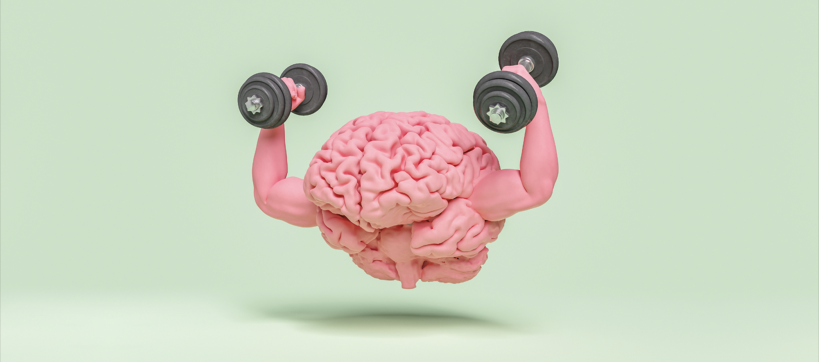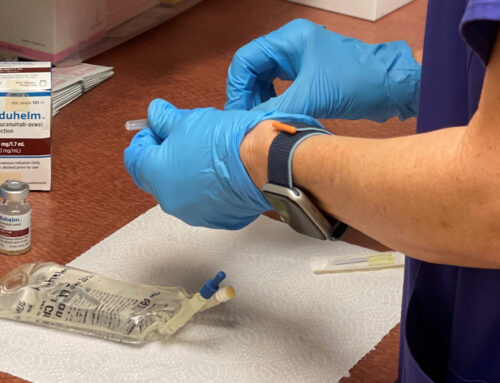Foster Good Brain Health Habits
Do not wait for symptoms of cognitive decline! While Alzheimer’s disease has no cure yet, 40% of dementia cases could be prevented or delayed by targeting modifiable risk factors. Start caring for your brain health NOW! and fight this disease before you are at risk.
- Diet: Foods that are rich in Omega-3 fatty acids and the Mediterranean Diet have been shown to help reduce the risk of memory loss by preventing plaques that build up between neurons and reduce inflammation in your body.
- Exercise: Along with diet, exercise can help lower cholesterol and plaques associated with it. Walking has also been shown to improve brain health.
- Stay Under Control: Keep cholesterol, diabetes, and blood pressure under control through either diet, exercise, or medications.
- Be a Quitter: Quit habits like smoking and consume less alcohol.
- Socialize: Keeping your brain healthy is as easy as talking to someone. Keeping your mind active, having a hobby, spending the day doing activities with friends can all keep your brain health on track.
- Track Your Memory Annually: Stop by Columbus Memory Center any time to take the only vital sign for the brain, The Memory Number®. Just like physical health, cognitive health requires check ups. Taken on an annual basis, you can track your cognitive decline early and address symptoms immediately.
- Prioritize Sleep: Make certain that you obtain enough sleep each night to feel refreshed upon awakening. If you are not obtaining enough sleep, see your Primary Care Doctor and find the cause. Treat sleep apnea if diagnosed.
Increasing Cognitive Reserve
Cognitive reserve refers to individual differences in how tasks are performed that may allow some people’s brains to be more resilient, thus decreasing the risk for dementia. This is built upon your own curiosity and desire to learn.
- Read: If you have an interest in something, start reading about it. Reading keeps your mind and vocabulary sharp.
- Get a Hobby: Start a new hobby or take an old one to the next level of difficulty by becoming an expert in it.
- Keep Learning: If you are mechanically inclined, take things apart and reassemble or build something from parts you have, like a bicycle, watch, etc.
- Play Games: Work on a puzzle, computer or game, or anything that keeps your mind stimulated.





